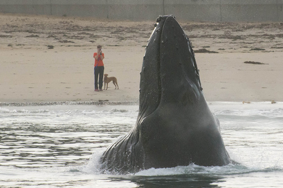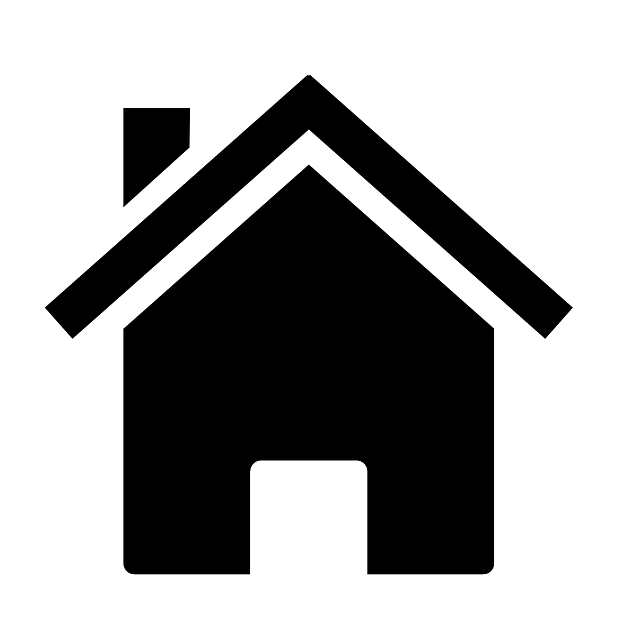What Lies Beneath
This week’s post is written by Lynn Koerbel, teacher and trainer at the CFM. Lynn lives in Northampton, MA with her partner and their yellow lab puppy Zuzu.
A friend posts a picture on Facebook of a whale breaching right off the shore where she and her family are vacationing. The beauty and sheer immensity of the creature fills my computer screen and I find myself taking in a deep breath, imagining the amazement of experiencing such a rare occurrence first hand: the startle of what isn’t visible suddenly appearing, breaking through, quite literally—the depths—and emerging powerfully, full of life.

So much goes on beneath the surface—whether it’s the surface of the ocean or the surface of a human being. The practice of attending has widened my focus about what might be going on in any given moment, what is seen—and what might not be seen—but is present, nonetheless. In my life, this has been fertile ground for awe, a feeling that opens me and takes me out of my head and any kind of “thinking,” and right into the fullness of being.
My mother has declined both physically and mentally in the last few years, more precipitously in the last year since my father died. Every few months I visit her several states away at the facility that takes very good care of her, for which I am grateful. We spend hours sitting together, working on crossword puzzles, or quietly, me knitting, her asking questions from time to time. She wants to die, and I quite understand her depression, her sadness, her longing to go… often times she doesn’t make sense, and I am mystified and curious about what goes on in her mind and heart. I sometimes think about how these roles were reversed when I was a child: She sensing into the moment with me and my inability to speak or barely, not knowing how to express what was happening—and yet she stayed close, waiting, being, relating through smiles, eyes, a tender caress, an embracing hug.
So her silences, her rambling sentences, her repetitions are something I’ve grown to accept as simply the way it is right now, at this stage of her life. But when she talks of wanting to die, I take it seriously. She and my father had a deep and long-lived love; her anger at still being here without him, “left,”—no matter that her three adult daughters are loving and available—feels reasonable and understandable to me, and I wish I could do more.
At one point in a recent visit it is early evening and she speaks, again, of her wish to die. And in response, I pause in my knitting, looking directly at her. I am candid: “Mom, if there was anything I could do to help you, I would.” Without missing a beat, my sometimes confused mother responds quickly, “Well then the monkey would be on your back.” She looks at me, her usually vacant eyes now revealing something else—something as clear as that whale breaching the reflective ocean surface. We hold each other’s gaze for some seconds. I am a little stunned as I feel the well of awe open. And I want to turn away.
So I go back to my knitting, uncomfortably. But after a moment, I stop, and she takes my hand.
And the dusk closes over us like water.
